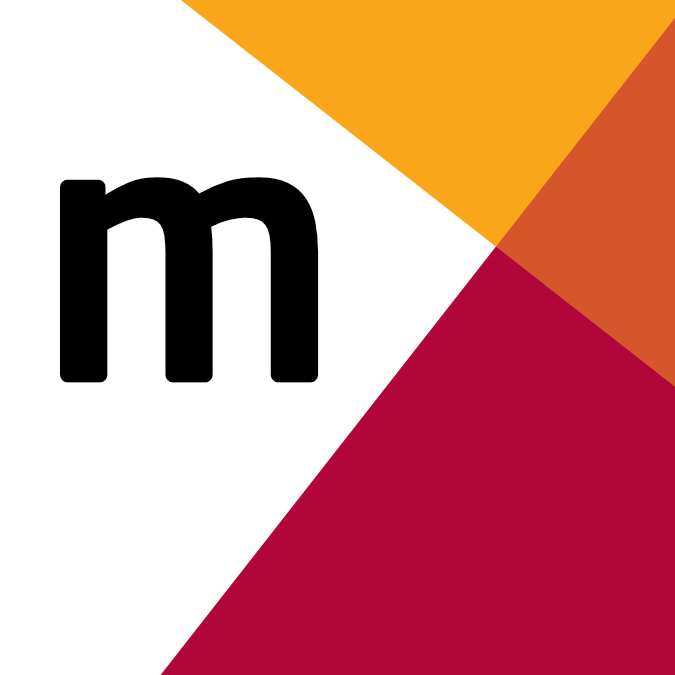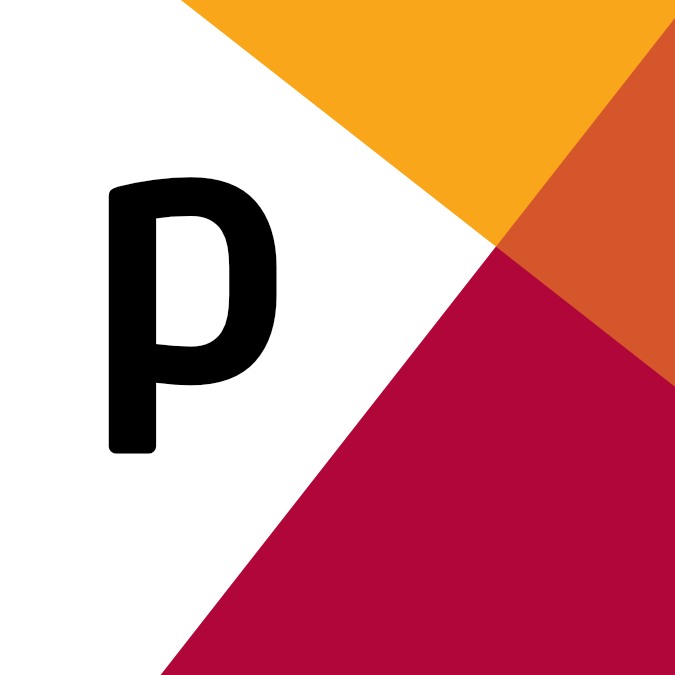research
The research activities of the group comprise systems from core to cloud and span aspects from pointers to patterns. For novel compute, memory, or interconnect technologies, we currently focus on profiling, programming models, and operating system integration. Recent fields of study include memory disaggregation, accelerated computing, and carbon awareness. In the area of new applications using distributed systems, we focus on co-simulations, hybrid test beds, and model-supported approaches. Especially regarding system composition, interests in this respect include dependability, safety, security, and real-time properties. Beyond the above, our work also concerns the effects of systems engineering on operations. Again, the scenarios reach from embedded IoT to scale-up machine learning workloads.
The group's academic activities, trends, and new impetus are exchanged in our research seminar.
current projects
current open source projects


For further projects, please refer to the OSM group on GitHub and the OSM group on GitLab.
current topics
The group's fields of research include but are not limited to the following topics.
resource management
- dynamic workload management in distributed systems
- dynamic, workload-dependent resource scaling (e.g., dynamic LPARs)
- memory optimizations for virtual machines (e.g., memory migration benchmarks)
- NUMA-aware programming with the PGASUS framework: applications, case studies, benchmarks
- architectures of future server systems
- lock-free data structures
- multi-core/NUMA
- advanced topology discovery with bandwidth and latency measurements: find shared interconnects
heterogeneous computing
- high-level programming facilities for distributed GPU computing (e.g., CloudCL)
- high-level programming facilities for FPGAs (e.g., CAPI SNAP, OpenCL)
- virtualization / containerization for GPUs or FPGAs
- FPGAs in IaaS cloud resources (e.g., Amazon F instances)
- hardware-accelerated memory-compression (e.g., DEFLATE, 842 compression)
- evaluation of integrated GPUs and APUs for latency-critical workloads (e.g., audio processing)
- new programming languages & frameworks: CAPI SNAP, Radeon Open Compute, etc.
dependability
- assessment and benchmarking
- software fault injection (network, OS, communication, etc.)
- fault tolerance through diversity
- error detection – coverage vs. complexity
- fault tolerance of service-oriented architectures
- decentralized architectures
- dependable operation
- OS-provided fault tolerance
- automation (lab, operation, assessment, etc.)
digital rail
- cybersecurity for railway
- security of railway protocols (e.g., GSM-R, ERTMS/ETCS, RaSTA, etc.)
- interaction of safety and security
- building safe and secure systems
- digital planning documents, models, formats
- digital Control Command and Signaling (CCS)
- distributed, hybrid, co-simulated tests beds
- interdisciplinary, cross-domain innovations
- technology, concept transfer
annual reports
(German language only)
past projects
- FlexiDug
- RailChain
- Telemed5000
- Future SOC Lab
- DiAK
- Rail2X – Smart Services
- SaPiMa / Fontane
- SOAMED
- Distributed Control Lab
- Carrera Digital 132
- InstantLab
- Parallel and Distributed Lab